Siket kisfiúért az egész osztály megtanulja a jelnyelvet egy szarajevói iskolában
Egy siket kisfiúért az egész osztály megható dolgot tett, hogy tudjanak vele kommunikálni.
Az egyik szülő javaslatára az egész osztály elkezdte megtanulni a jelnyelvet, hogy megértsék társukat.
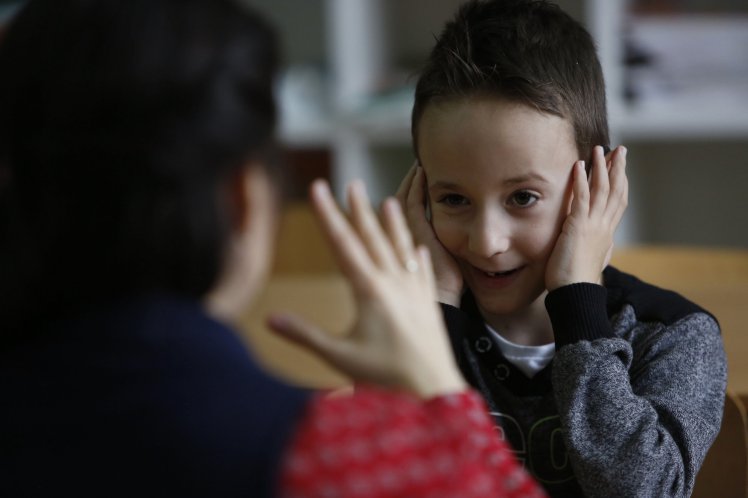
Az anyuka Mirzana Coralic nagyon hálás az iskolának a nem mindennapi gesztusért. Elmondása szerint nagyon nehéz volt neki, amikor be kellett iratnia a kisfiát a helyi iskolába, de most már tudja jó sulit választott Zejdnek. - írja a brit Metro.
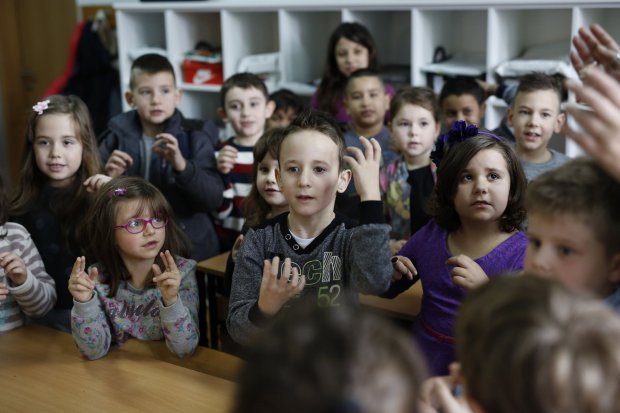
A Szarajevó mellett lévő iskolában tárt karokkal fogadták a kisfiút, a tanára Sanela Ljumanovic rögtön igent mondott.
A kisfiú nem ismerte még a jelnyelvet, amikor elkezdte a sulit, így elég nehéz volt megértetnie magát.
Ekkor egy szülő azt javasolta, hogy az egész osztálynak meg kéne ismerkednie a jelnyelvvel.
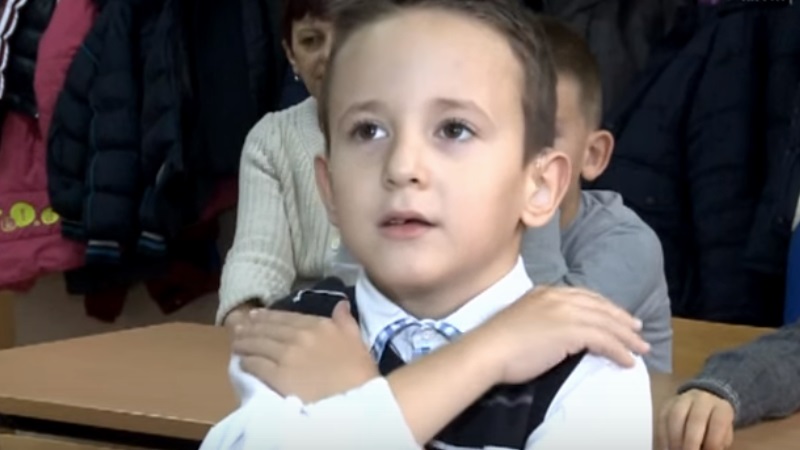
A gyerekek lelkesen vetették bele magukat a tanulásba és most már mindenki tud kommunikálni Zejddel. Sőt a gyerekek otthon a szüleiknek is tovább adják a tanultakat.
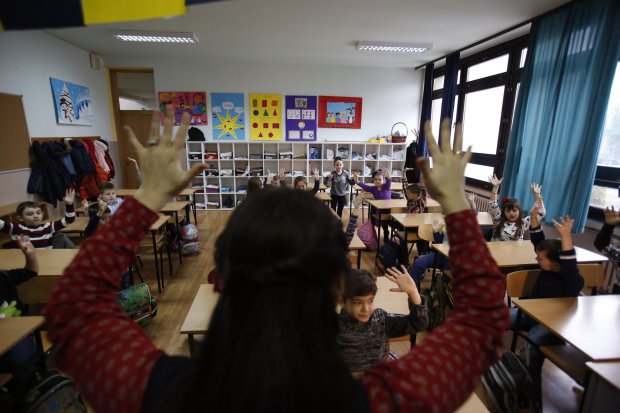
A tanulók szerint a jelnyelv nagyon érdekes és így meg tudják értetni magukat nagyothalló emberekkel.
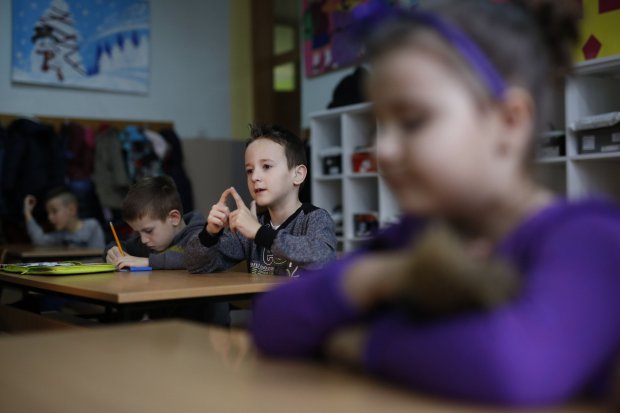
A tanárnő szerint fontos lenne, hogy a jelnyelvet belevegyék az alaptantervbe.
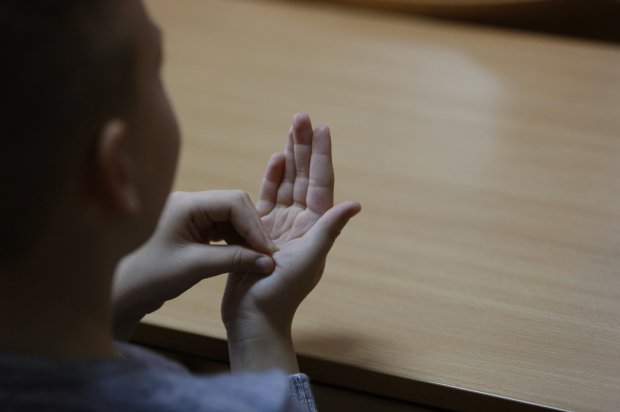
Egyrészt nagyon hasznos, ha valaki ismeri, másrészt így nyitottabbak lesznek a gyerekek a fogyatékossággal élő emberek felé.
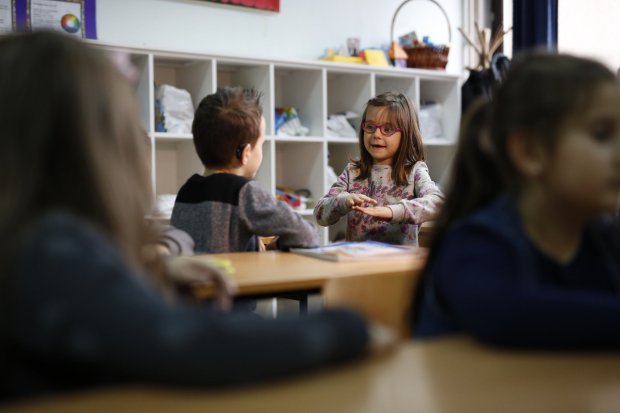
Forrás: 24.hu


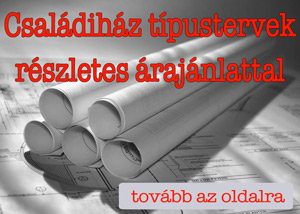
Hozzászólások